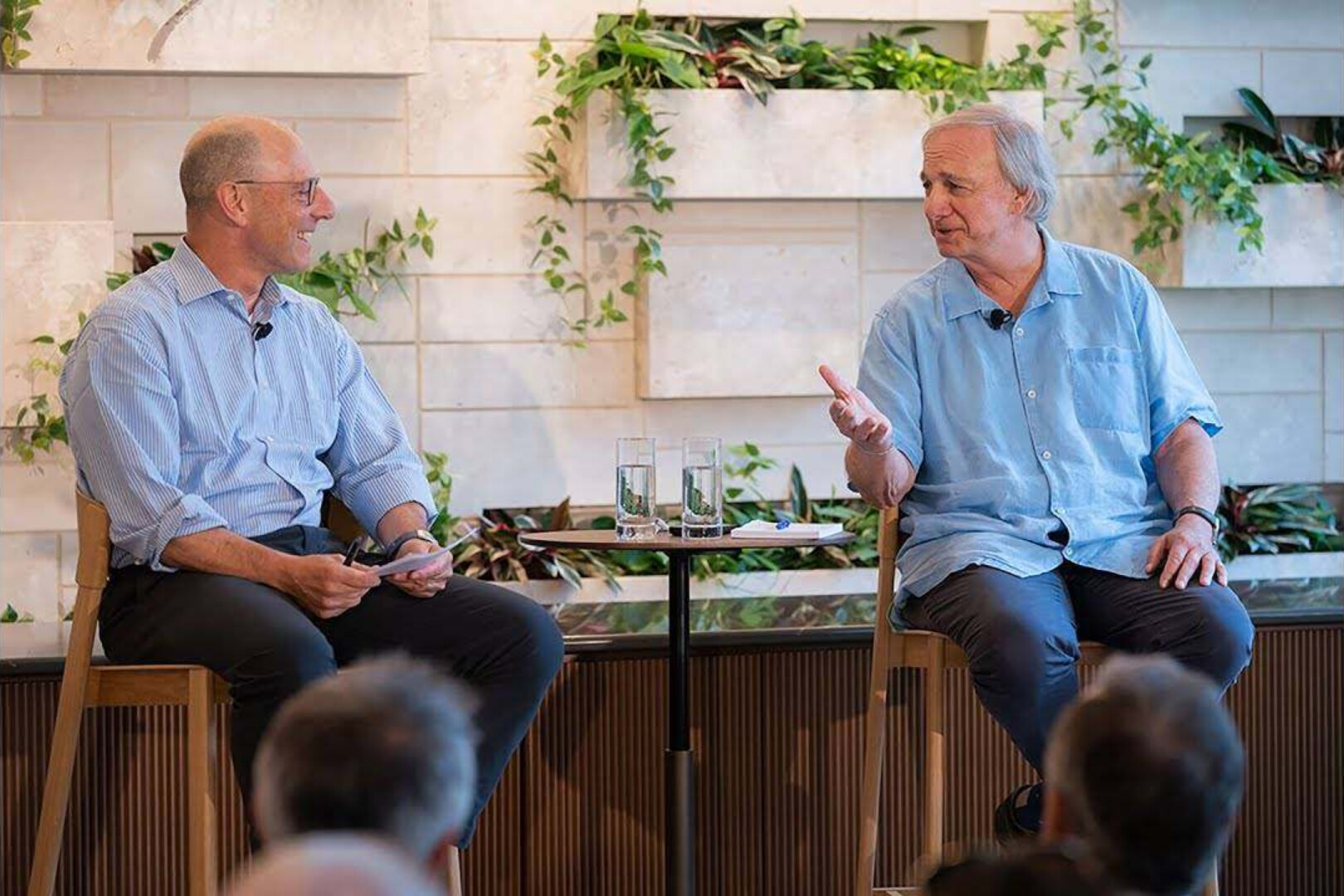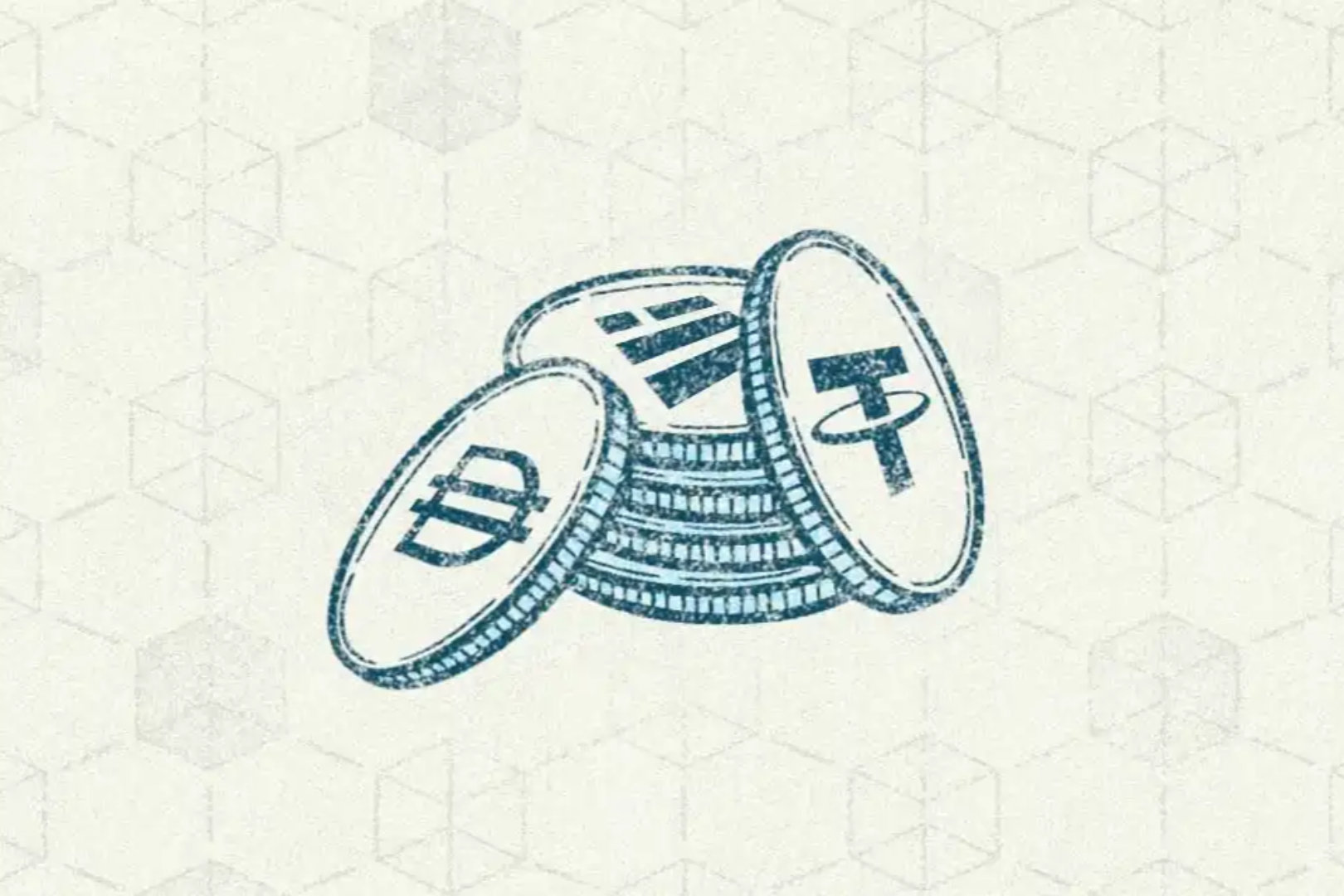

Buffett’s evaluation this year has been relatively polite. In Omaha in 2018, the old man launched a fierce attack on cryptocurrencies such as bitcoin. power".
secondary title

The "ball" of Bitcoin is not worth Buffett's "swing"
There is a very important concept in Buffett's investment philosophy - "principle of circle of competence". In short, he only invests in projects he understands. Buffett often uses baseball as an example in interviews. The circle of competence is equivalent to the hitting range of a baseball batter. If the ball is closer to the baseball player's best hitting point, the ball can be hit farther. "The important thing for most people in investing is not how much they know, but how they can truthfully determine what they don't know. An investor doesn't have to do much as long as he or she avoids making big mistakes. "Charlie Munger also supplemented this point of view, saying that they have three options for investment: they can invest, they cannot invest, and it is too difficult to understand.
Buffett believed that he could not understand the Internet, so he never invested in any Internet companies. Until the later stage, IBM and Apple were not Internet companies in the true sense. (I heard that Berkshire has finally invested in Amazon's stock, the proportion is limited, and I can still see the principles of Buffett's investment.) Buffett and Gates are close friends for many years. They often play table tennis and bridge together. The Gates Foundation has donated 2.1 billion US dollars, and even said that it will be donated naked after death. However, he never bought a single share of Microsoft stock! Because Buffett said that technology stocks are beyond his circle of competence. His incomprehension is not that he can't figure out the company's specific business, but that he can't make an accurate estimate of the company's future (5-10 years) free cash flow.
secondary title
Even if you don't like gold, how can you like Bitcoin?
It is well known that Buffett has always had a dislike for gold. In a 2011 letter to Berkshire Hathaway shareholders, Buffett pointed to gold as a favorite of investors who fear almost all other assets, especially paper money. To be fair, Buffett concedes that investors are right to fear paper money as a store of value, especially because of inflation.
Regarding gold, Buffett talked about two main weaknesses: Like all non-productive assets, gold is not productive. In other words, gold will never produce more gold, or any other value for that matter. Instead, every oil well that Berkshire Hathaway buys will produce valuable oil; a garment factory can produce clothes as long as it stays in operation; Many stocks. But an ounce of gold you buy now will still be an ounce of gold for the next 400 years.
The second weakness that Buffett talked about - the lack of practical uses for gold. Sure, it's used in jewelry, and a few other applications, but that's not where the widespread demand for gold came from. Buffett's focus is on unproductive assets that can be generally used in industrial production, such as copper and steel, at least relying on this demand to increase prices.
Bitcoin is known as digital gold. Satoshi Nakamoto has repeatedly compared Bitcoin to gold and gold mining in emails and forum posts, and the industry also believes that "encrypted assets such as Bitcoin have the potential to develop into investment and diversification tools that will play a role over time. Similar to the role of gold".
secondary title
Deviating from the underlying logic
The success of Berkshire Hathaway is positively correlated with the success of the U.S. economy, and being optimistic about the U.S. economy is the foundation of Buffett’s investment philosophy. Looking at the 100-year trend of the U.S. stock market, it has created a century-old bull market that is a miracle in human history. Buffett's investment portfolio and investment ideas perfectly fit with the development path of an economy with sustained economic growth, thus creating a miracle from 7 dollars a share in 1964 to 327,700 dollars a share today. Buffett's success is based on the long-term prosperity of the U.S. economy and the long-term strength of the U.S. dollar. The rise of Bitcoin has confirmed the weakness of the US economy from the side, which deviates from the investment philosophy that the stock god has always emphasized. Just imagine if the U.S. economy is not in such a trend, if the U.S. is not the world's largest economy because of its bad luck, how much would Berkshire Hathaway's stock be? Is the myth of the stock god a survivor's bias? History has no assumptions, but history is also difficult to repeat all the time.

secondary title
Something to Say About "Half Erased"
From the first principle to see whether Bitcoin is valuable, you may find an explanation from Harari's "A Brief History of Humanity". There are two sentences in the bookend of "A Brief History of Mankind", one of which is 'The most important things only exists in our imagination' "The things that really change the world are often those things that we imagined that didn't seem to be useful at the beginning" . It is through these illusory things that the cooperation model between people gradually evolved until today's human beings are formed.
Turn over the early history of any people, and you will see a mythological spectrum composed of various river gods, dryads, and sun gods. If you think these are just for entertainment, you are very wrong. Without these ancient gods, tribes would not join forces to wage war, nor would larger organizations like tribal confederations and city-states stand out. Myths usually belong to the collective imagination of a tribe, and different people identify with a collective by co-existing this imagination.
The scope of myths is by no means limited to myths or religions, but includes many things that we take for granted in modern life, such as limited companies, countries, currencies, and stocks, all of which are concepts that only exist in our brains, but can play a pivotal role in their lives. The change of concept promotes the development of productive forces, which in turn promotes the change of production relations.
secondary title
"Common imagination" is "consensus"
Like money, diamonds, companies, and stocks, Bitcoin and other cryptocurrencies are as much a figment of the human imagination. When more and more people believe in the value of Bitcoin, once it breaks through the critical value, it will be an irreversible process. In fact, "common imagination" is not mysterious. The "common imagination" from an anthropological perspective is the "consensus" in the blockchain field.
epilogue
epilogue
Of course, Bitcoin also has its own problems that need to be solved. The problem with Bitcoin is not that it "cannot create any value". The biggest problem is that the computing power of Bitcoin is concentrated in the hands of a few mines, the waste of resources for maintaining consensus, price fluctuations, concentration of distribution, etc.
It is also the "common imagination" of human beings. The current total market value of the cryptocurrency market is 200 billion U.S. dollars, while the market value of Berkshire Hathaway is 530 billion U.S. dollars. More people are now willing to agree with the core of Buffett's 55-year creation Values, and the "common imagination" of Berkshire Hathaway.
However, when the millennial generation enters the prime of life, when the "post-00s" and "post-10s" grow up, will there be any changes? The stories that people imagined and fabricated together in each period are different. We not only have a stronger joint imagination, but also use this fictional meaning to transform the world, and even transform ourselves. Fiction is far more important than reality.





